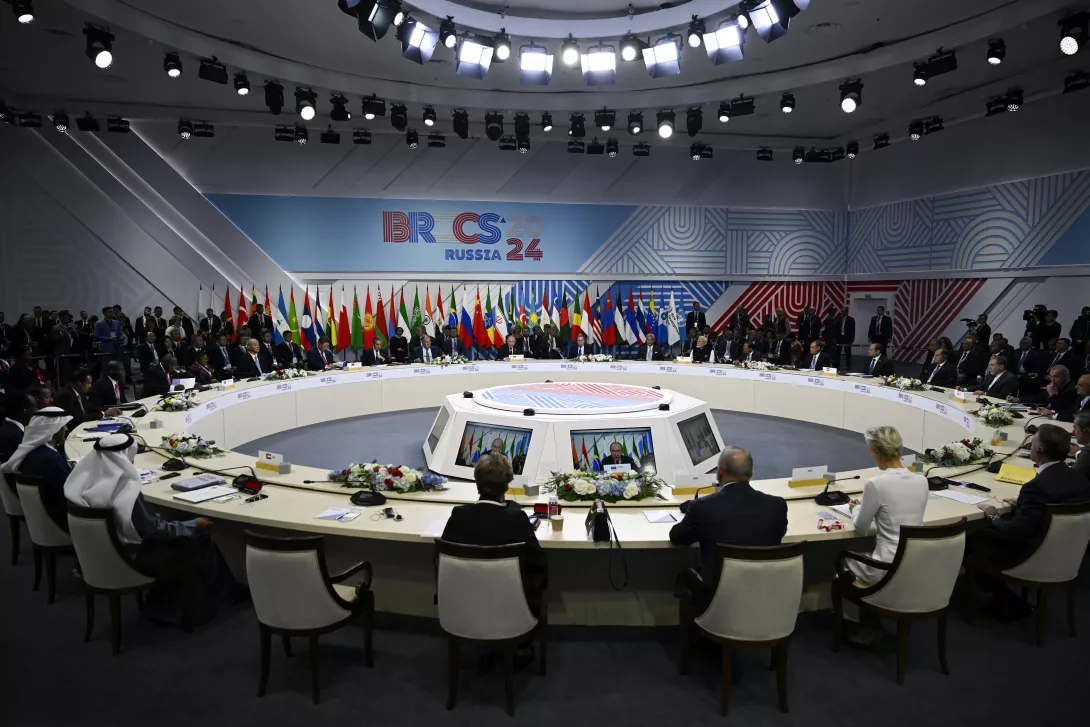The proxy war in Ukraine is heading to a denouement with the US and Russia dividing the spoils while the European powers stand bewildered by events they have been wilfully blind to, says KEVIN OVENDEN
From the IMF to Brics: the emerging multipolar order and the imperialist backlash
New alliances like Brics are forging a multilateral world as the global South nations assert their true independence after almost a century of nominal sovereignty under the reality of crushing economic servitude, writes ROGER McKENZIE
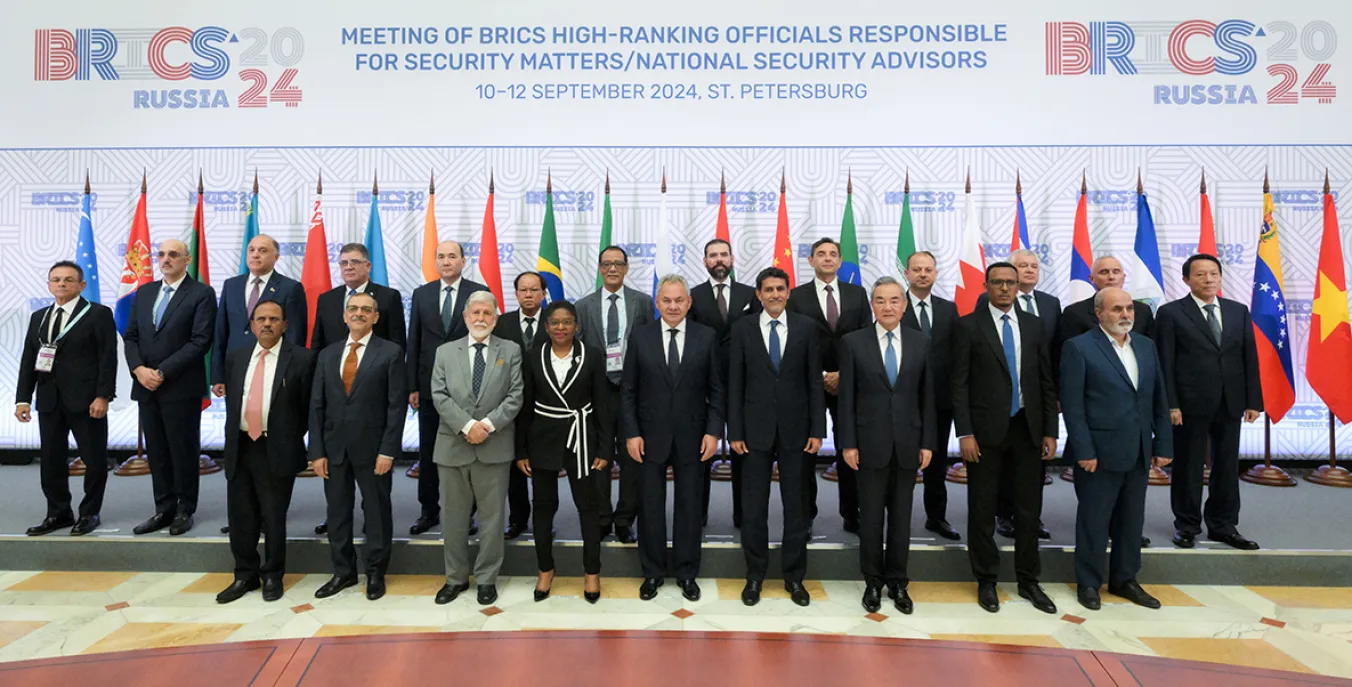
MOST people on the planet do not live within the borders of the former colonial powers — but they have been dominated by them for most of the last 500 years.
But the good news is we are now at a major geopolitical tipping point, and the global majority is rising up and constructing a new world.
There are no demands for change as if permission were required; the vast majority of the global population is simply going about the business of constructing a new way of doing things that breaks away from the rule of the minority.
More from this author
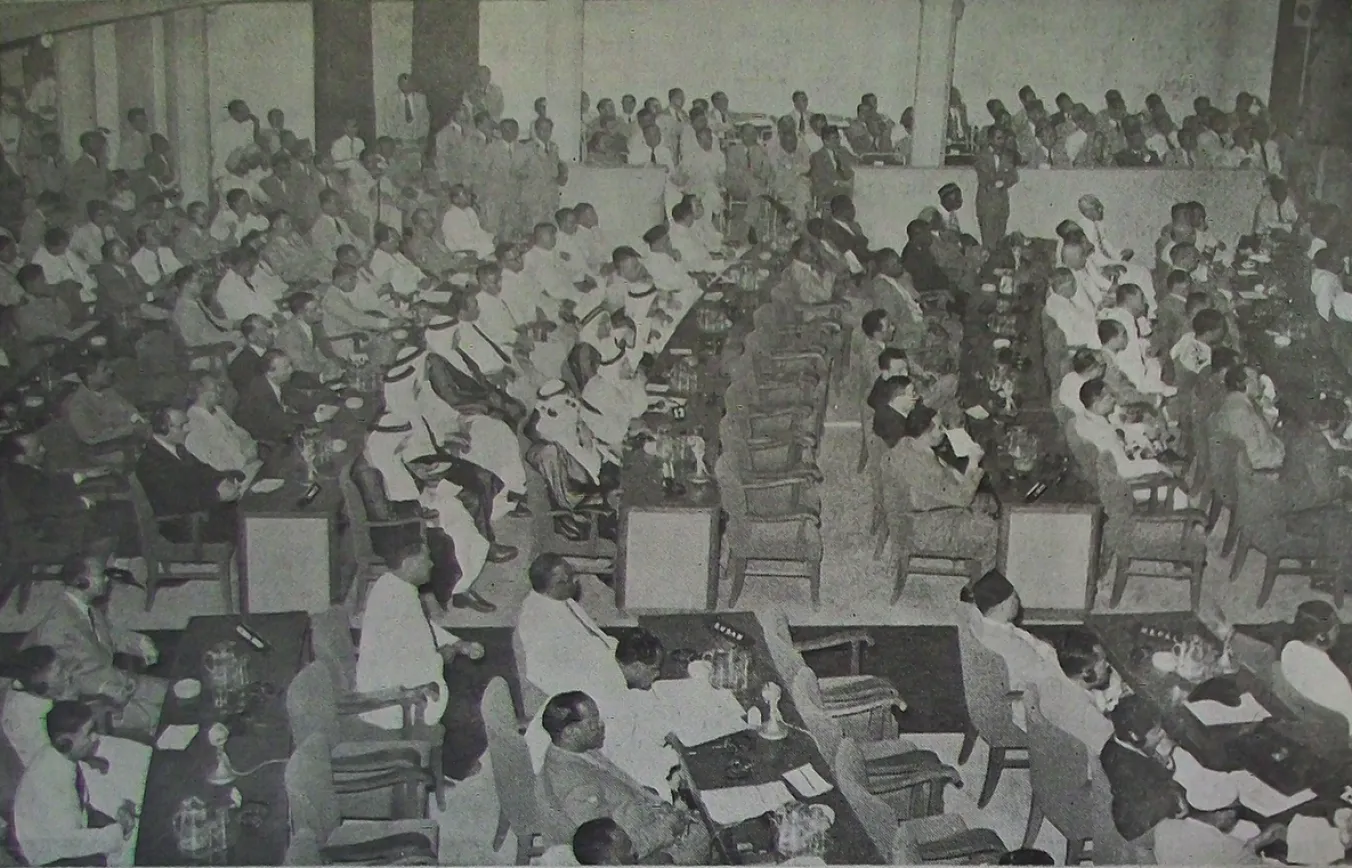
China’s huge growth and trade success have driven the expansion of the Brics alliance — now is a good time for the global South to rediscover 1955’s historic Bandung conference, and learn its lessons, writes ROGER McKENZIE
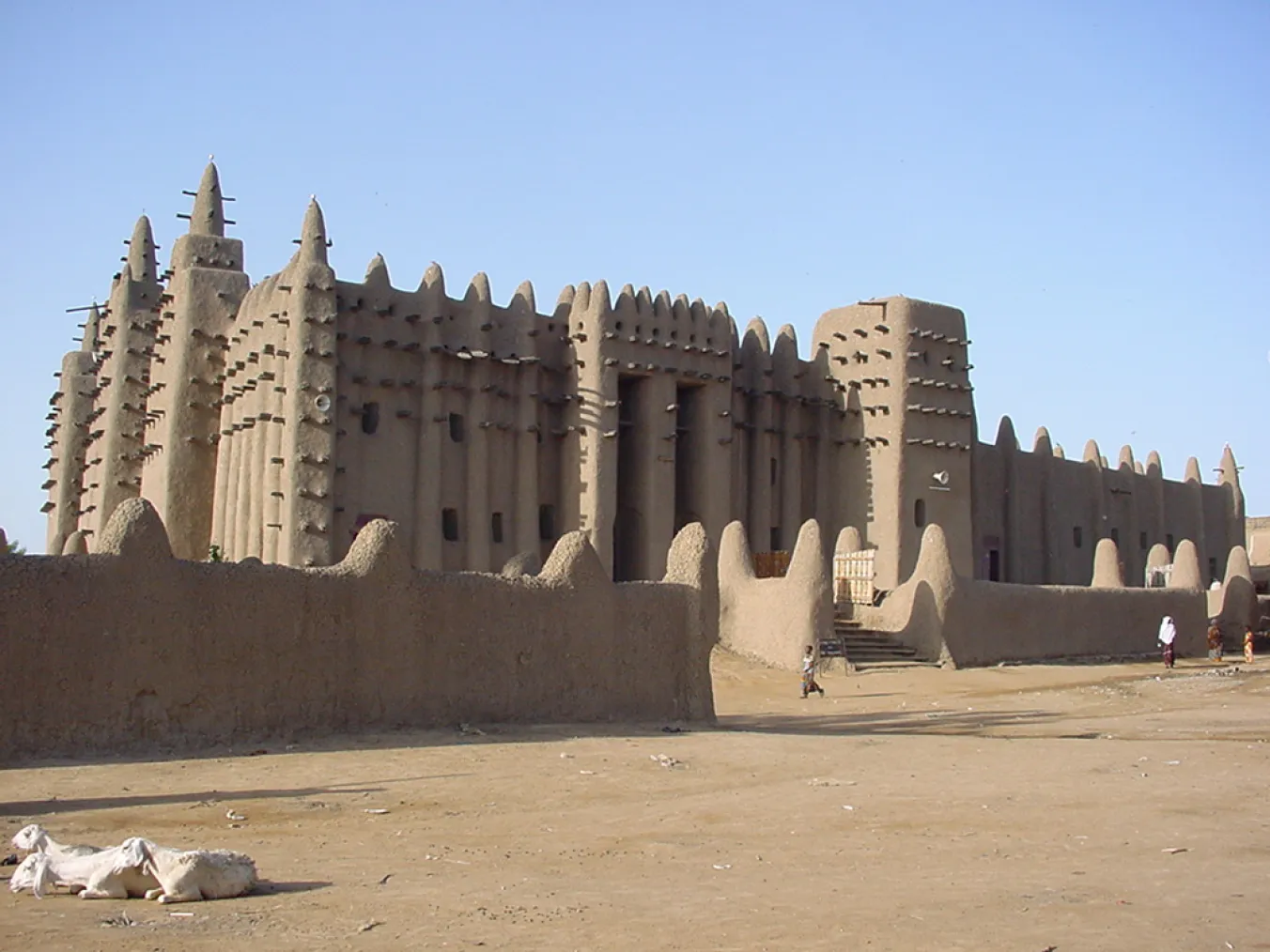
The revolutions in Mali, Niger and Burkina Faso against the old colonial powers are seldom understood in terms of Africans’ own agency and their rejection of the imperialist humiliation thrust upon them, writes ROGER McKENZIE
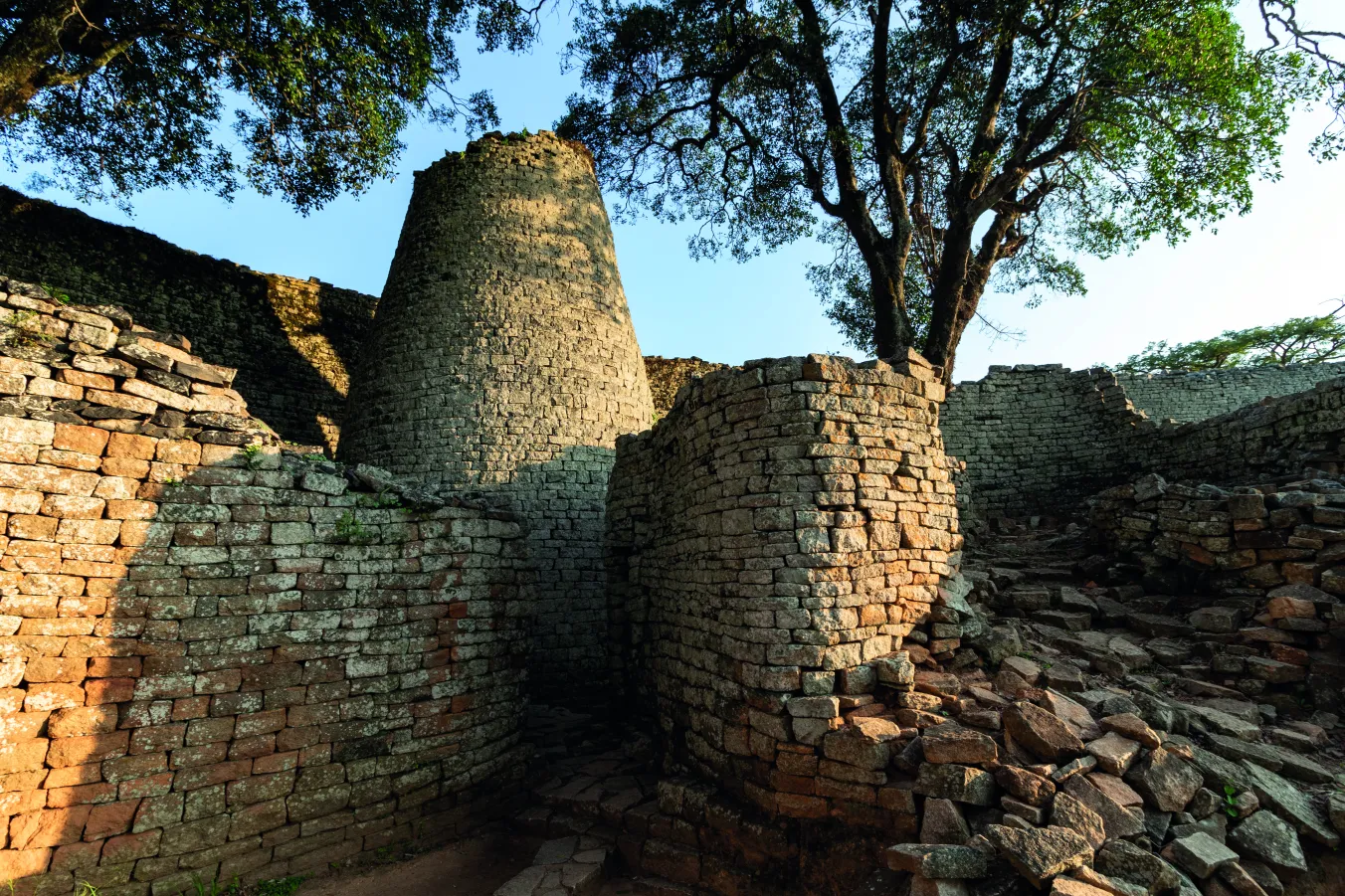
From Zimbabwe’s provinces to Mali’s streets, nations are casting off colonial labels in their quest for true independence and dignity in a revival of the pan-African spirit, writes ROGER McKENZIE

Challenging critics of the Sandinista government, the young Nicaraguan union leader FLAVIA OCAMPO speaks to Roger McKenzie about the nation’s progressive health system and how trade unions have been at the centre of social progress
Similar stories
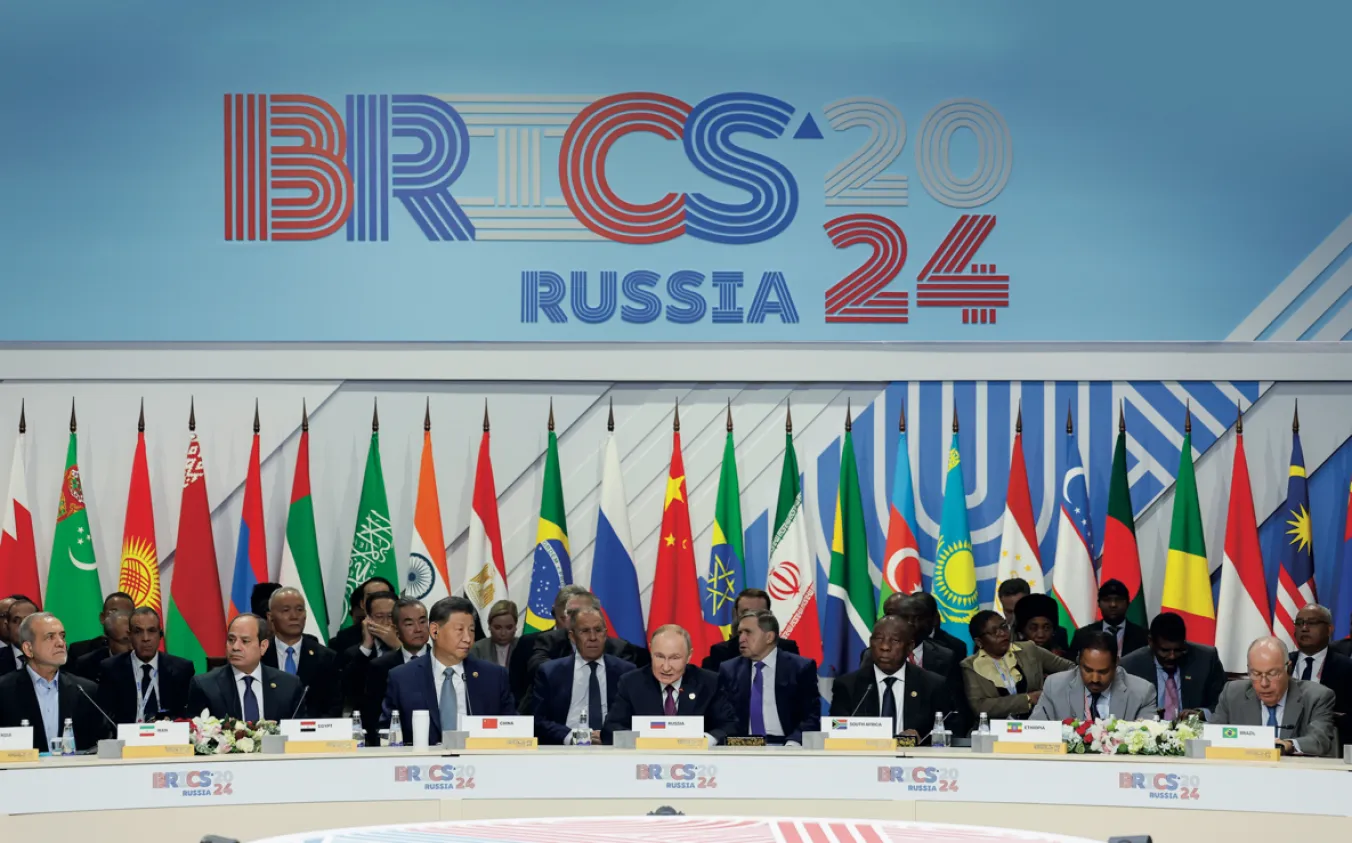
JENNY CLEGG sets out and then responds to eight key doubts about the Brics+ alliance in light of the developments at Kazan, arguing it represents a significant challenge to US hegemony and provides a path towards a multipolar world
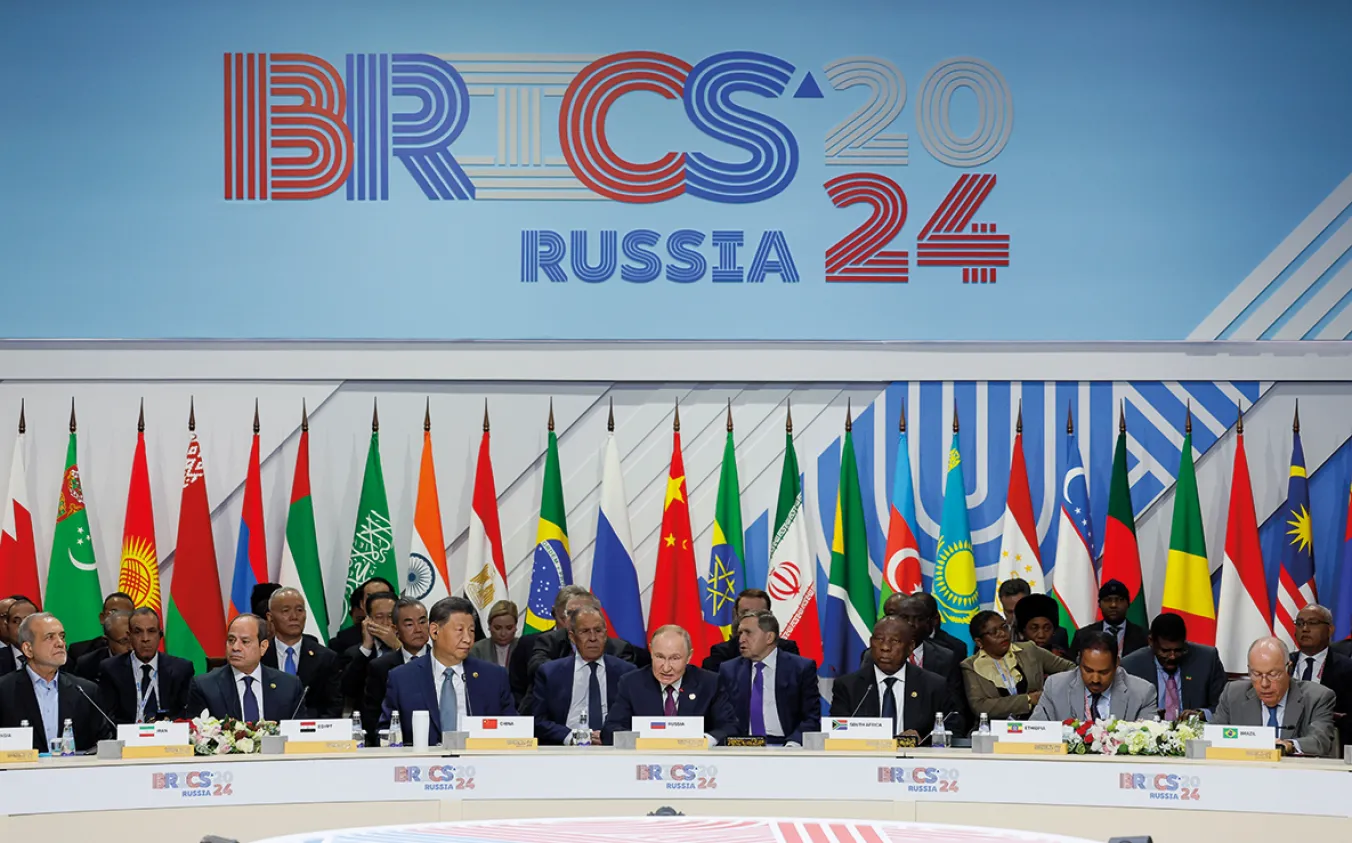
With the recent meeting in Kazan providing a glimpse of freedom for the global South, we must develop local, regional and international networks that can apply meaningful pressure on those who could steer this new grouping awry, writes ROGER McKENZIE
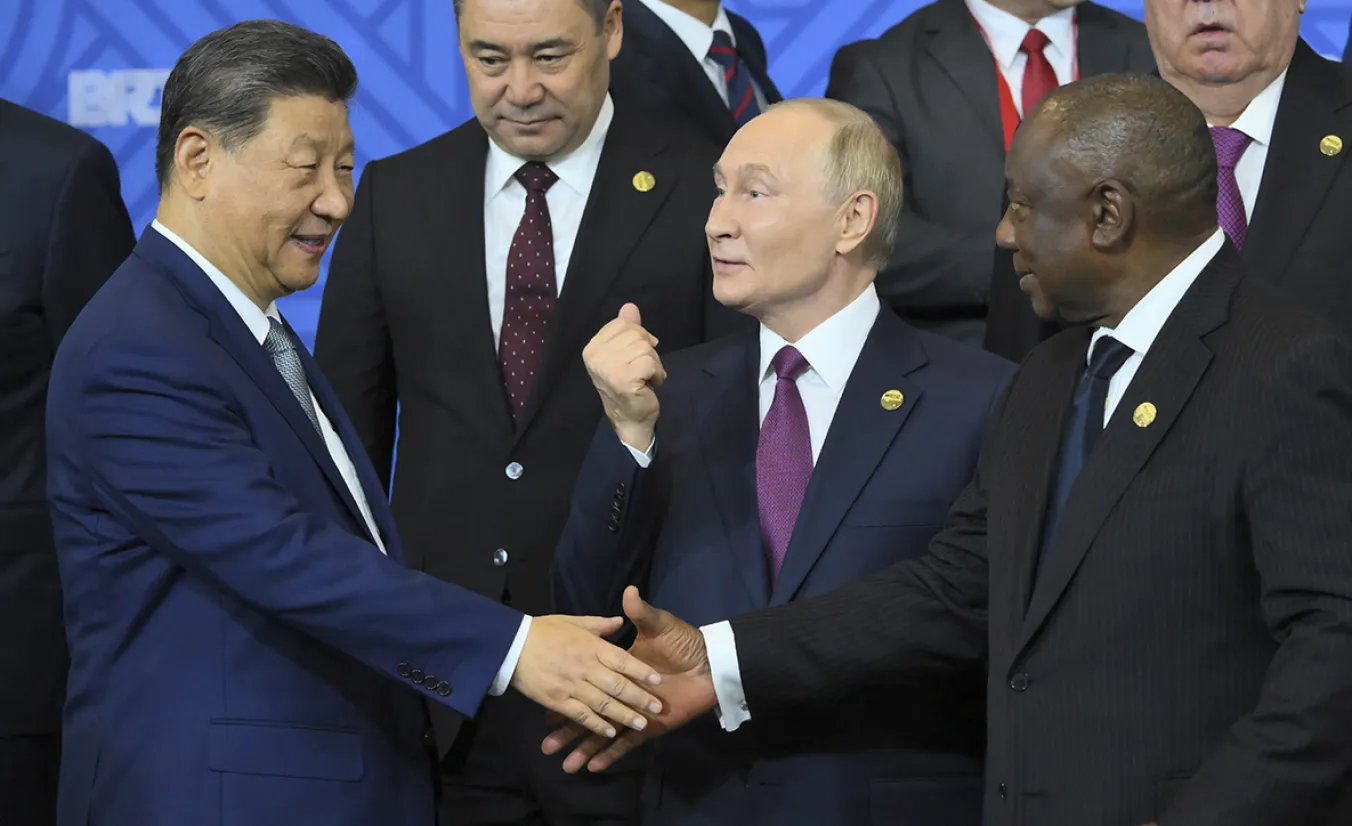
Thirty-six countries, representing over half of the global population, gathered in Russia to discuss a new financial and economic infrastructure for the world. The potential impact could be immense in the long run, writes MARC VANDEPITTE










